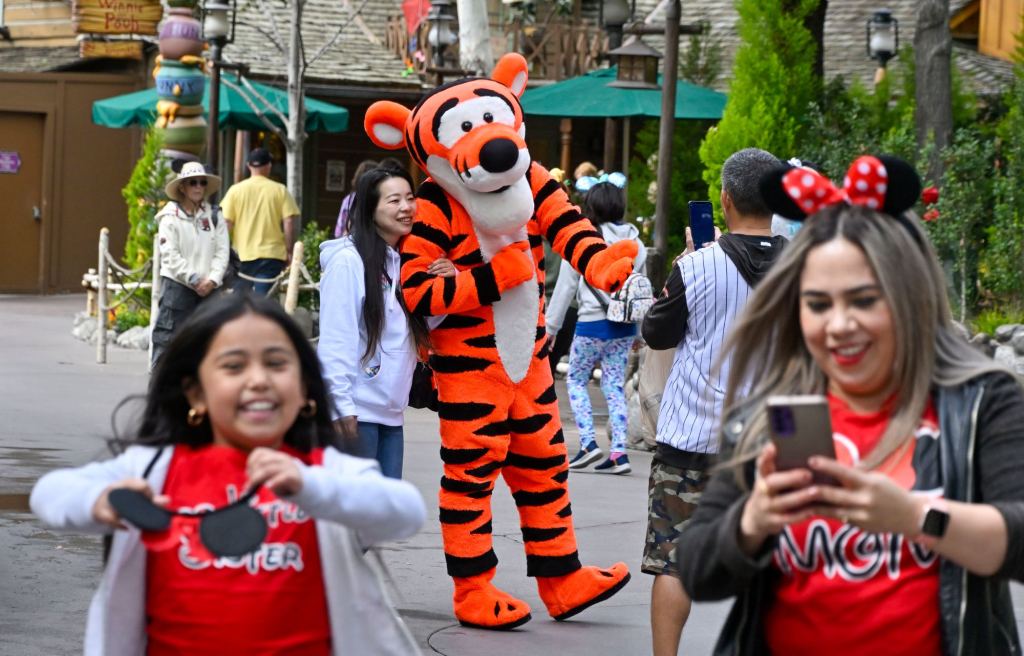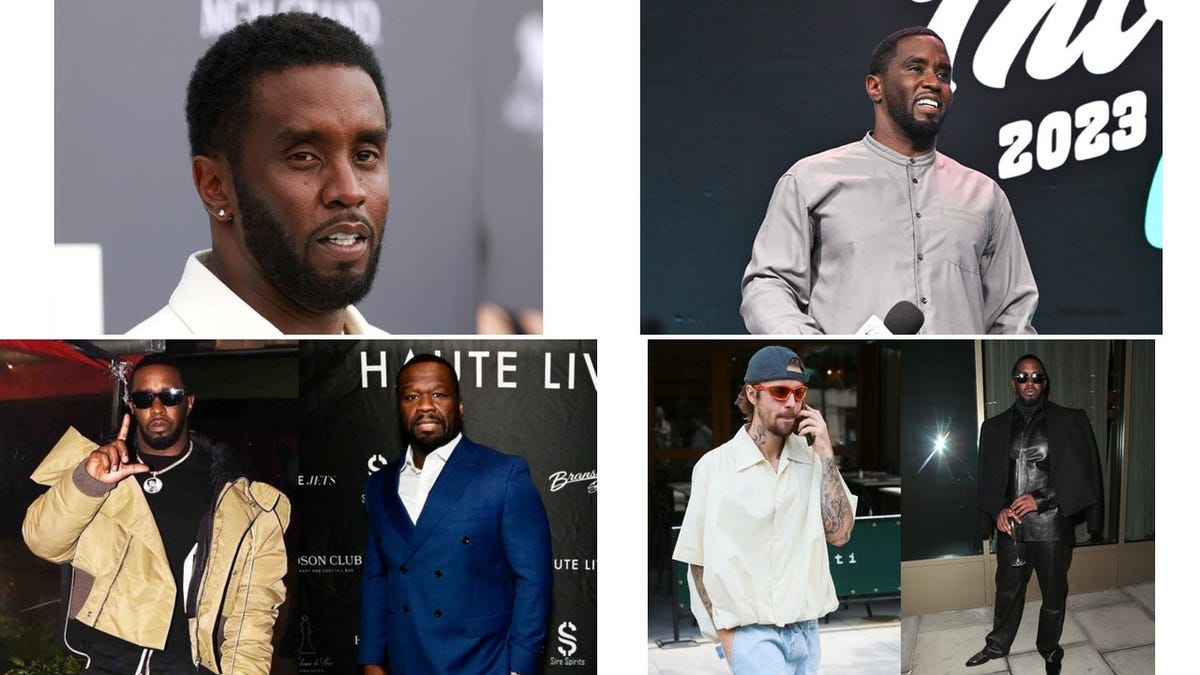A corner of Disneyland that began as an Indian Village with Native American dances and teepees before transforming into Bear Country and then Critter Country will soon change again as Princess Tiana prepares to move into the ever-evolving themed land. Critter Country will officially transition to Bayou Country when Tiana’s Bayou Adventure opens on Nov. 15. ALSO SEE: Will Disneyland replace Winnie the Pooh ride in Bayou Country? The Many Adventures of Winnie the Pooh dark ride, Davy Crockett Explorer Canoes and Pooh Corner candy store returned in August ahead of the rest of rethemed land. Still to come in Bayou Country are the Hungry Bear Barbecue Jamboree restaurant and the Louis’ Critter Club and Ray’s Berets shops. Disneyland guide maps will continue to refer to Critter Country until the transition is official, according to Disneyland officials. How did the Indian Village become Bear Country, then Critter Country and soon Bayou Country? What’s changed over the past 70 years? What still remains from the past? Let’s take a closer look at how Disneyland has adapted this former dead end into a gateway to a galaxy far, far away and the new home of Disney’s first Black princess. Indian Village Disneyland’s first Indian Village opened in 1955 in Frontierland near Adventureland, according to Yesterland. The next year, the Indian Village moved to the area known today as Critter Country. The $100,000 Indian Village was part of Disneyland’s $2 million expansion program in 1956. Frontierland’s Indian Village capitalized on the 1950s popularity of Westerns on television and film, offering a Hollywood version of Native American culture, customs and arts to theme park visitors. Disneyland’s Indian Village featured animal hide teepees, birch bark longhouses, totem poles and weaving demonstrations as well as a ceremonial dance circle and burial ground. The Mike Fink Keel Boats — named for a boat race in the 1955 Davy Crockett television show — operated nearby along the Rivers of America. Disneyland’s Indian Trading Post sold authentic crafts while the Indian Village Dugout offered hot dogs, cookies and drinks. The land’s bathrooms were labeled Braves and Squaws. Truman Dailey, a fluent speaker of the Otoe-Missouria language, played the part of Disneyland’s “Chief White Horse,” according to Yesterland. More than a dozen Native American tribes were represented in Disneyland’s Indian Village — including Apache, Navajo, Comanche, Sioux and Shawnee. “By the norms of the mid-20th century, Disneyland’s Indian Village was authentic and respectful,” according to Yesterland. “Interpretive signs described how the parts of the village represented different Indian Nations and how the structures would have been used. The Native American cast members were encouraged to share their cultures with park guests. The ceremonial dances and craft demonstrations were genuine.” Bear Country The first major change to the area came in 1971 when the Indian Village closed to make way for the opening of Bear Country — the seventh themed land at the park. The $8 million Bear Country debuted in 1972 with the introduction of Country Bear Jamboree as the centerpiece of the new four-acre themed land. The Pacific Northwest-themed land was appropriately located in the upper northwest corner of Disneyland. The Country Bear Jamboree featured about two dozen audio-animatronic bears and other critters singing country songs. The musical show was the first major attraction to open at Disneyland since the Haunted Mansion in 1969. Walt Disney Imagineering had been focused on the opening of Florida’s Magic Kingdom in 1971. Country Bear Jamboree was the first Disneyland attraction based on a Disney World attraction, according to Yesterland. With the transition from the Indian Village to Bear Country, the Indian War Canoes became Davy Crockett’s Explorer Canoes. The river guides at the front and back of the canoes were all men — but no longer only Native American men. The Ceremonial Dance Circle was replaced by the Golden Bear Lodge with a menu of hamburgers, hot dogs, sandwiches and salads. The quick-service eatery was renamed Hungry Bear restaurant a few years later. A string of storefronts at the dead end of Bear Country included the Mile Long Bar, Teddi Barra’s Swingin’ Arcade and Ursus H. Bear’s Wilderness Outpost gift shop. The Mile Long Bar sold soda, apple cider, ice cream and frozen bananas — but no alcohol, which was still forbidden in Disneyland at the time. Mirrors at each end of the bar made it seemingly stretch to infinity. Teddi Barra’s — named for one of the characters in the Country Bear Jamboree — offered bear-themed arcade games. The Indian Trading Post gift shop remained in the new Bear Country along with audio-animatronic tableaus of Indian villages along the Rivers of America. Critter Country The next major update to the area came in 1989 with the debut of Splash Mountain — named for the 1984 “Splash” romantic comedy and themed to the 1946 “Song of the South” based on the Uncle Remus stories. Construction of the Splash Mountain log flume ride next to the Haunted Mansion forced Disneyland to broaden the Bear Country name to the more animal-inclusive Critter Country. The critters in Splash Mountain were repurposed from the animatronic cast of the recently shuttered America Sings attraction in Tomorrowland. Critter Country locations were rethemed around the “Song of the South.” The Mile Long Bar became Brer Bar — a nod to Br’er Bear from the Uncle Remus stories The Indian Trading Post turned into the Briar Patch shop. Teddi Barra’s Swingin’ Arcade — themed to Country Bear Jamboree — kept its name but added video arcade games. Ursus H. Bear wasn’t as fortunate — his Wilderness Outpost shop became Crocodile Mercantile with the transition from Bear Country to Critter Country. The Many Adventures of Winnie the Pooh A new bear moved into Critter Country and forced the eviction of Henry, Trixie, Teddi and the other Country Bears. Country Bear Jamboree closed in 2001 after struggling to draw crowds and attempts to infuse the animatronic show with new life as the Country Bear Vacation Hoedown. The Many Adventures of Winnie the Pooh family dark ride moved into the location in 2003 and brought a few thematic changes to the land that maintained the Critter Country name. Pooh’s takeover from the Country Bears was foreshadowed in 1995 when the Crocodile Mercantile shop became Pooh Corner. Pooh Corner expanded to take over Brer Bar and Teddi Barra’s Swingin’ Arcade as a new “exit through the gift shop” offering Hundred Acre Wood-themed clothing, souvenirs, plush dolls and candy. The Mike Fink Keel Boats closed in 1997 after the Gullywhumper boat capsized and spilled a boatload of passengers into the Rivers of America. The dead end of Critter Country became a route to Batuu when a pathway opened to the 14-acre Star Wars: Galaxy’s Edge themed land in 2019. Bayou Country The controversial history of the “Song of the South” forced Disneyland to announce plans to retheme Splash Mountain in 2020. The move by Disney followed a social media uproar calling for a “Princess and the Frog” update to Splash Mountain’s backstory amid social justice protests across the United States sparked by the death of George Floyd while in police custody in Minneapolis. Disney’s “Song of the South” has been criticized for its depiction of black stereotypes and the antebellum South. Disney shelved the controversial film in the 1980s and has disowned the live-action/animated musical for perpetuating racist stereotypes. Tiana’s Bayou Adventure will transform Splash Mountain with a “Princess and the Frog” story that picks up after the final kiss between Princess Tiana and Prince Naveen. The new backstory will follow Tiana and Louis the trumpet-playing alligator as they prepare for their first Mardi Gras performance. The Magic Kingdom version of Tiana’s Bayou Adventure in Florida opened in June. The Disneyland version of the ride will debut on Nov. 15 ¯ the same day Critter Country officially transitions to Bayou Country. The new Hungry Bear Barbecue Jamboree will bring a thematic, musical and menu overhaul to the Hungry Bear restaurant. Louis’ Critter Club will take over the half of Pooh Corner closest to the former Splash Mountain log ride while Ray’s Berets will replace the Briar Patch shop. The Many Adventures of Winnie the Pooh, Davy Crockett Explorer Canoes and Pooh Corner candy shop closest to the family dark ride have already reopened — offering a sneak peek at the rethemed land. Despite name and theme changes over the years, the Explorer Canoes remain the one constant from Disneyland’s Indian Village to Bayou Country. Tableaus of Indian villages can still be seen along the Rivers of America during rides aboard the Mark Twain Riverboat or Columbia Sailing Ship.
Subscribe
Login
0 Comments




